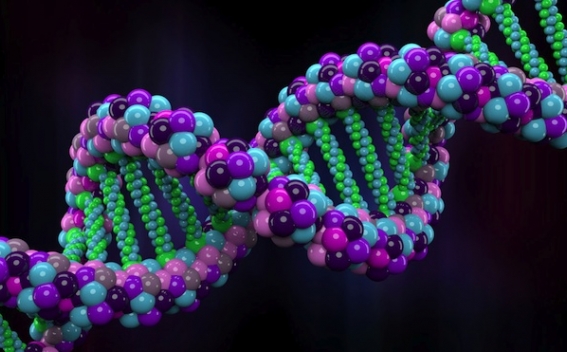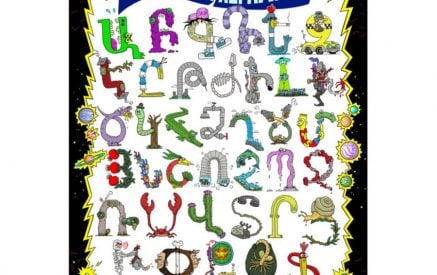Talks about the “Armenian gene” are fake agenda, in contemporary language, a “trolling.” Thousands of “genuine-blood” Armenians are living in Russia and other countries whose parents, grandparents, wives, and children were Armenians, who however lose the connection with the Armenian language and culture, impel their children and grandchildren to forget all this. And these children and grandchildren, most likely, will marry Armenians too and will preserve the “Armenian gene” completely but they will lose something very important and will become a Russian or an American with “Armenian roots”.
Those who change their ethnicity, religion and social status are often more aggressive towards the people of their “former status” than the foreigners. Perhaps, consciously or subconsciously they are trying to prove that their selection was correct, and the new status is much more preferable. This is true also, in fact, in the case of former Armenians living abroad who are ready, for example, to believe that people in Armenia faint on the streets of hunger, it gives them sense to their foreign life. So, some divorced women hate their ex-husbands.
For such people, there is a Greek word “Neophyte” which can be translated as “newly baptized”, “newly faith-obtained”, perhaps, “converted.” Instead of talking idly about the “gene”, we would better talk about the “converted.” I mean not only the ethnicity and religion. There is a remarkable episode in Quentin Tarantino’s “Django Unchained” film. The scene is in the US in the mid-19th century. The senior servant of the slaveholder, the butler, who is black, when he sees another black who is going to live in “the house trusted to him” as a guest is becoming upset and complains to the master, “Is this dirty Niger going to sleep in the bed of white people?” He – the butler – forgets that he is black too and act allegedly more aggressive racist than the whites.
This episode shows the psychology of the slave more vividly. No matter he changes his status and become a butler or even an oligarch, he will not want to live free and, of course, would not also wish others to be free. His desire is to serve the master and have as many slaves as possible and treat them just as the master does.
Read also
Slavery has long been abolished in the world but servility continues to survive and thrive. A man can have mansions, yachts, and luxury cars but still remain a slave. Its “symptom” is seen very clearly: he treats people weak and dependent on him like slaves.























































